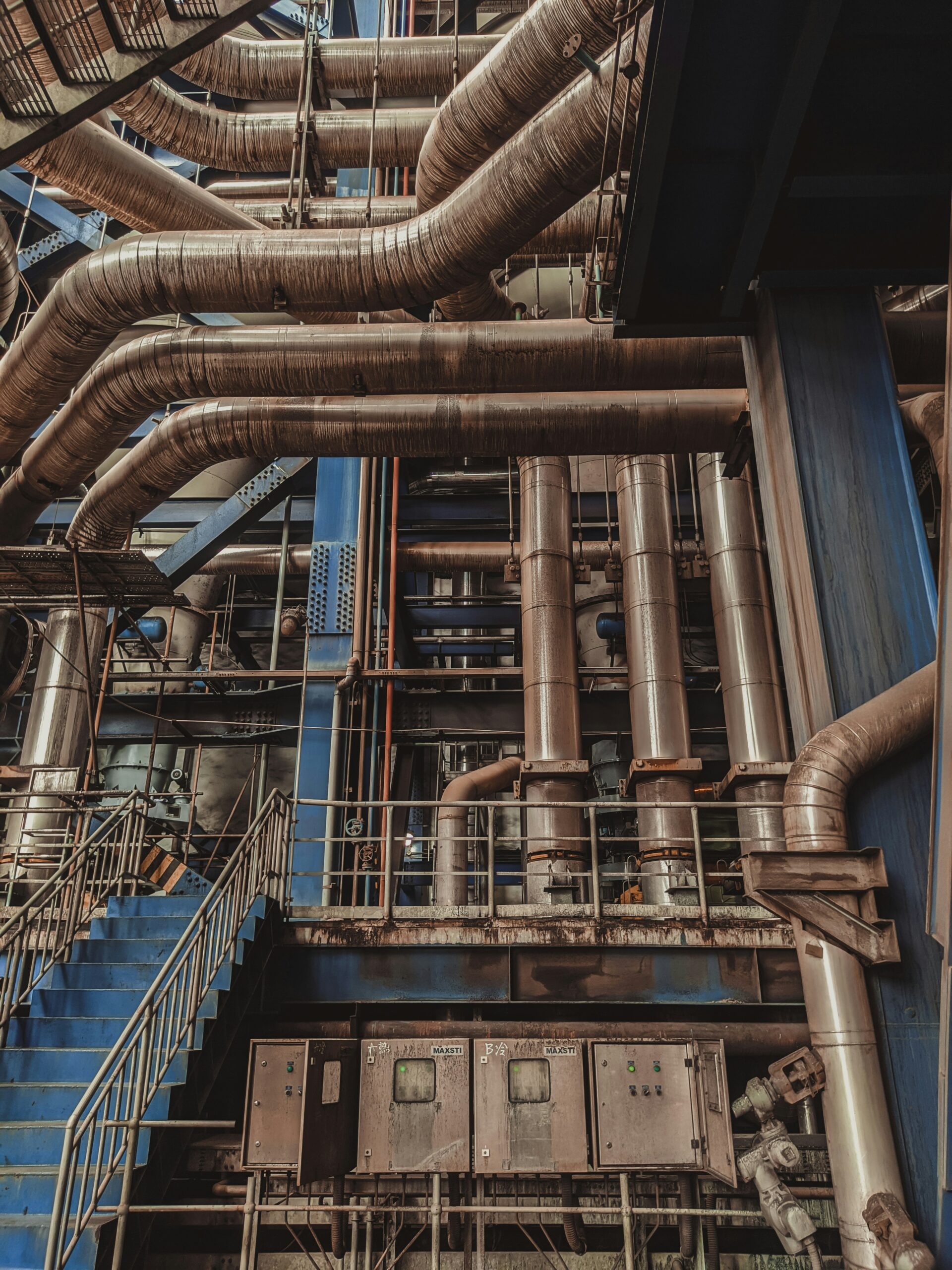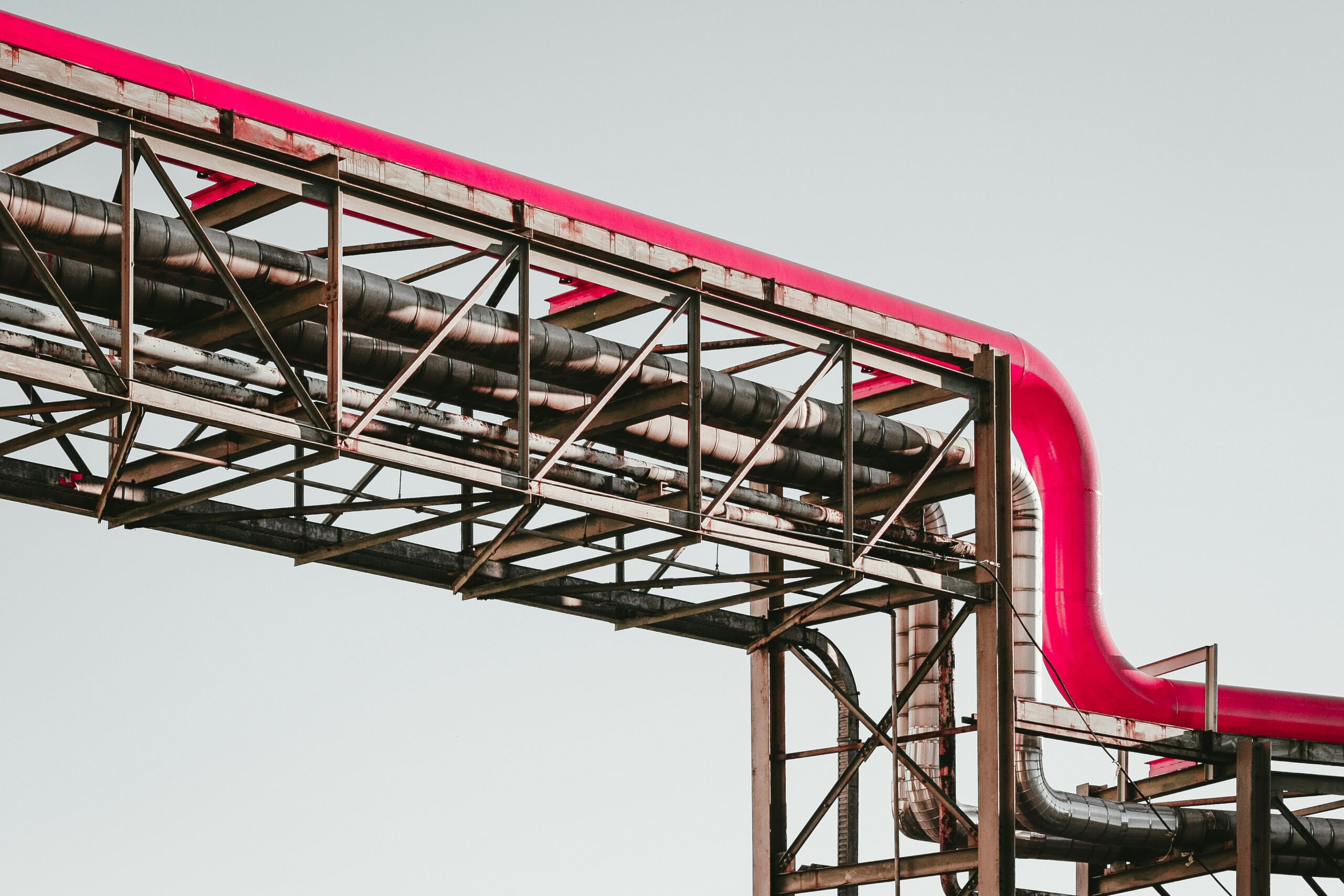Securing our water future: Why fixing the pipes beneath our street is key to Net Zero
The latest research from Wave and Durham University has revealed the extent of a major challenge in the UK’s journey to net zero – water.
Read Wave Utilities’ decarbonisation report here: https://www.wave-utilities.co.uk/decarb-report
According to findings, decarbonisation technologies like carbon capture and hydrogen production could require an additional 850 million litres of water every single day by 2050. That’s on top of the billions of litres already used by homes and businesses across the country. Some regions, such as Anglian Water and United Utilities’ areas, could face water deficits as early as 2030 if no action is taken.
It’s a stark reminder that water and energy consumption are closely intertwined. Every tonne of carbon captured, or kilogram of hydrogen produced has a hidden water footprint and without a robust water network, the UK’s decarbonisation goals could quite literally run dry.
At the same time, millions of households are facing rising water bills, driven in part by the cost of maintaining a system that’s showing its age. Much of our national water infrastructure dates back to the early and mid-20th century, a time when climate change, water scarcity, and decarbonisation weren’t part of the conversation.
Add in the effects of climate change, population growth, and new industrial demand, and the case for upgrading our underground network becomes urgent.
The invisible inefficiency: leakage
Around 20% of treated water in the UK is still lost through leaks before it even reaches customers. Every litre lost represents wasted energy, chemicals, and carbon – a silent inefficiency that undermines both water security and climate commitments.
That’s where innovation in pipe lining and rehabilitation can make a real difference.
At Sanivar, we’re helping water companies, contractors, and local authorities tackle leakage and lead pipe challenges without the need for disruptive full pipe replacement, using Neofit®+Plus. Made of Virgin PET (Polyethylene Terephthalate), this innovative pipeline rehabilitation solution helps maintain existing service pipes without unnecessary replacement or extended disruption,
extending their lifespan and reducing leakage, all while cutting carbon emissions compared to traditional dig-and-replace methods.
Making the most of every litre
As the Wave report rightly highlights, collaboration and innovation across sectors are essential. Meeting our net zero ambitions will require coordinated action between industry, government, and the water sector – not just to secure supply, but to use what we have more wisely.
That means thinking differently about infrastructure: prioritising smarter repairs, targeted renewals, and digital monitoring alongside major capital projects. Fixing leaks and replacing outdated lead service lines may not be as headline-grabbing as new desalination plants or hydrogen hubs, but these investments pay back quickly, improving resilience, protecting public health, and cutting emissions.
If we want to reach net zero without drying up our most precious resource, we must first look beneath our streets. Strengthening our existing water network is just as critical as the new technologies that will transform our energy future.
At Sanivar we‘re working within the industry to build a sustainable water system that will support the UK for decades to come by fixing what’s already there and making every drop count.
Applications
Our advanced supply and installation services are tailored to your project’s needs with trenchless solutions suitable for a range of rehabilitation requirements.
Our Applications
Solutions
With our range of specialist trenchless solutions, you can ensure the health and efficiency of your pipelines, now and into the future.
Our Solutions